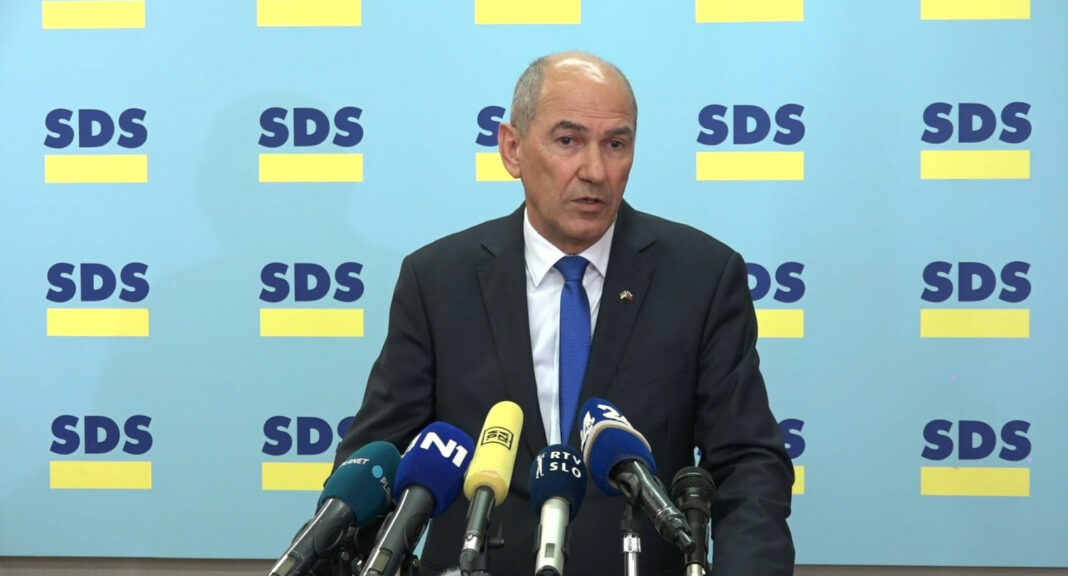By: A. G. (Nova24TV.si)
Slovenia, along with the rest of the EU, is on the verge of a peak in a major migrant wave. This wave has been reinforced by actions carried out by Russia as part of its special war through the Wagner network and numerous other activities in some African countries. Relevant agencies of certain countries had already warned of a hot autumn for migrants at the beginning of the summer. Therefore, a representative of SDS proposed during the meeting of the National Security Council on July 19th, 2023, that the Council also address information about increased pressure from illegal migrations and suggest appropriate measures in a timely manner. This SDS proposal was arrogantly rejected during the meeting, as stated in a post on the X network by Janez Janša.
The Prime Minister, Dr Robert Golob, demonstrated a similar attitude at the beginning of the September session of the National Assembly. Even more glaring was the significant gap in the government’s proposed solutions. Since Slovenia is by no means the first or only country facing a migrant wave (not for the first time either), the solutions are not exactly rocket science, according to Janša.
What is new is the fact that the Schengen border has shifted south of us, and today Slovenia, unlike during the migrant wave 1.0 in 2015, has measures available similar to those used by neighbouring Austria at that time. It seems that Italy, with or without EU assistance, will at least partially halt the migrant wave off its coasts in the coming weeks. Therefore, the pressure on the “Balkan route” is likely to increase. The SDS advises the Slovenian government not to underestimate the situation anymore but to tackle the work it is appointed and paid for.
Sensible steps include:
- An urgent meeting with responsible parties in the Croatian government to demand the halt of illegal entries across the external and Schengen borders of the EU while offering assistance in terms of personnel and technology for border security.
- An urgent meeting with responsible parties in the governments of all EU member states affected by the Balkan migrant wave with the aim of organising strong border forces to assist Croatia in safeguarding the EU’s external borders. A similar and highly effective action was carried out to protect the border of North Macedonia. Many EU member states are willing to help immediately.
- Immediate establishment of a permanent police presence and continuous police monitoring in those parts of the border with Croatia where the number of illegal crossings is the highest. Slovenia is a sovereign state and does not share a border with any “dangerous” country, so it is not obligated to grant asylum to those who illegally enter from safe countries. With Croatia’s accession to the Schengen area, Slovenia has “sufficient” resources available to ensure territorial sovereignty and the safety of people along the border and beyond.
- In case neighbouring countries are unresponsive, a temporary re-establishment of border controls along the entire border with Croatia with the aim of full control and restriction of crossings for non-EU citizens.
- Through proactive policies in Brussels, secure co-financing of proposed measures from EU funds.
The SDS party thus proposes an immediate convocation of an emergency session of the National Security Council, which should address both migration and the broader security situation in the country, albeit with a delay. “Data on a significant increase in crime in the vicinity of migrant centres and elsewhere is a cause for concern. In some parts of the country where the police response is inadequate, endangered citizens are even organising themselves into civilian military guards to protect their property. Meanwhile, they continue to pay taxes from which the government should finance effective security for all,” Janša added.

